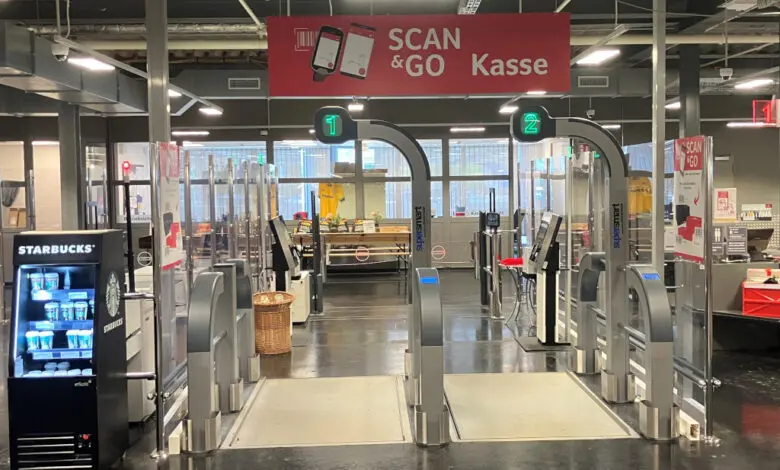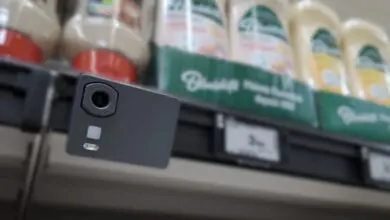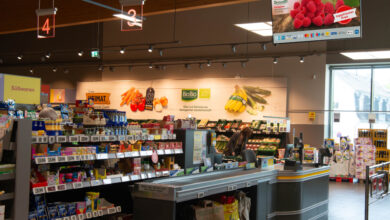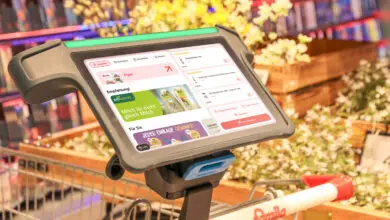
Selgros, the cash and carry market operator belonging to Coop Switzerland, has brought the Supersmart solution for validation after self-scanning to Germany. The two Selgros stores in Neu-Isenburg and Braunschweig have already been equipped with the solution, which uses weight data and intelligent analyses to verify self-scanning. The wholesale company uses Supersmart also in its 26 stores in Romania and is very satisfied with it. Lebensmittel Zeitung was the first to report on Selgros’ launch of Supersmart in Germany.
Around 200 retail stores worldwide are now equipped with the solution from start-up Supersmart, in which Bizerba has a stake. Tesco has also been testing the solution since this year in two supermarkets in the United Kingdom and for some time now in one store in the Czech Republic.
Customers who have scanned their goods themselves during their shopping trip using a handheld device or their smartphone drive their shopping trolley onto a scale for validation before leaving the store. If the weight does not correlate with the recorded purchases, an employee checks the shopping trolley.
Successful deployment in Romania
Herwig Arvay, CFO of Selgros in Romania, draws a very positive conclusion from the use of the solution in all his stores. Not only does it save his employees and customers valuable time, but purchasing large quantities of goods, as is common in cash and carry stores, has also become much more convenient for customers, who no longer have to wait at a checkout and pack goods onto a conveyor belt and back into their shopping trolley.
Competitor Metro also uses Supersmart in all its stores in Turkey, Ukraine, the Czech Republic, Slovakia and Hungary. Metro is currently introducing Supersmart in Romania. At Metro in Germany, however, there is resistance to the use of the solution.
Adjustments even without staff
Tudor Andronic, CEO of Supersmart, told The Retail Optimiser that his solution is now also able to use intelligent data analysis to alert retail customers to the possible cause of weight discrepancies, so that simple problems can be solved by the customer themselves without the intervention of staff.
Among others, Israeli supermarket operator Osher Ad is using this very successfully. There, 80 per cent of transactions are processed via Supersmart, which has led to a significant reduction in staffing costs at the checkout – thanks to a smooth process with the same or even lower shrinkage, reports Tudor Andronic.
Also for validation at self-checkouts
Retail companies are also increasingly using Supersmart to validate the process at self-checkouts. What may seem surprising at first is explained by the fact that many companies are switching off the control weighing scales installed in self-checkouts or introducing self-service checkouts without scales. The process, in which the customer has to place each individual product on a specific tray after scanning it, is not only prone to errors, it is simply too inconvenient for the shopper, according to managers from retail companies.
For example, Supersmart user Selgros in Romania – where customers also come to the stores for smaller purchases – has set up small Supersmart terminals for final checking of shopping baskets. It does not matter whether the goods were previously scanned using mobile devices or at self-checkouts.





